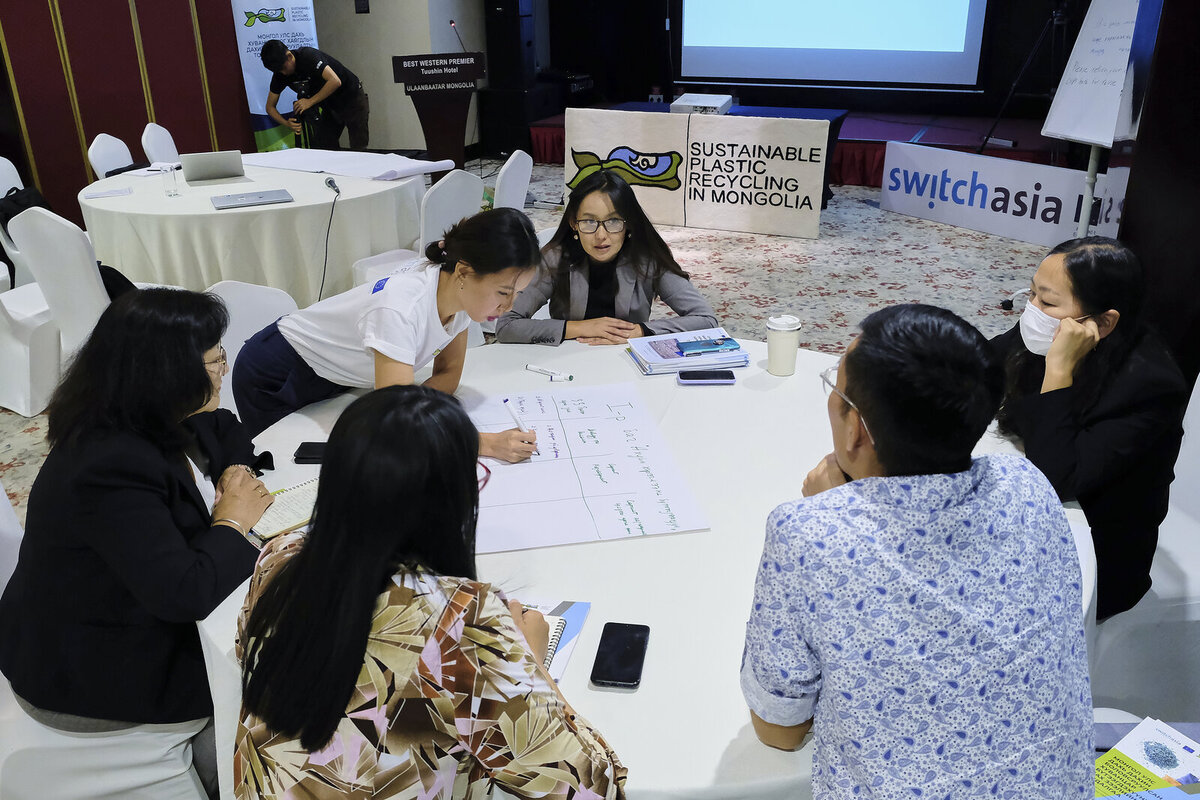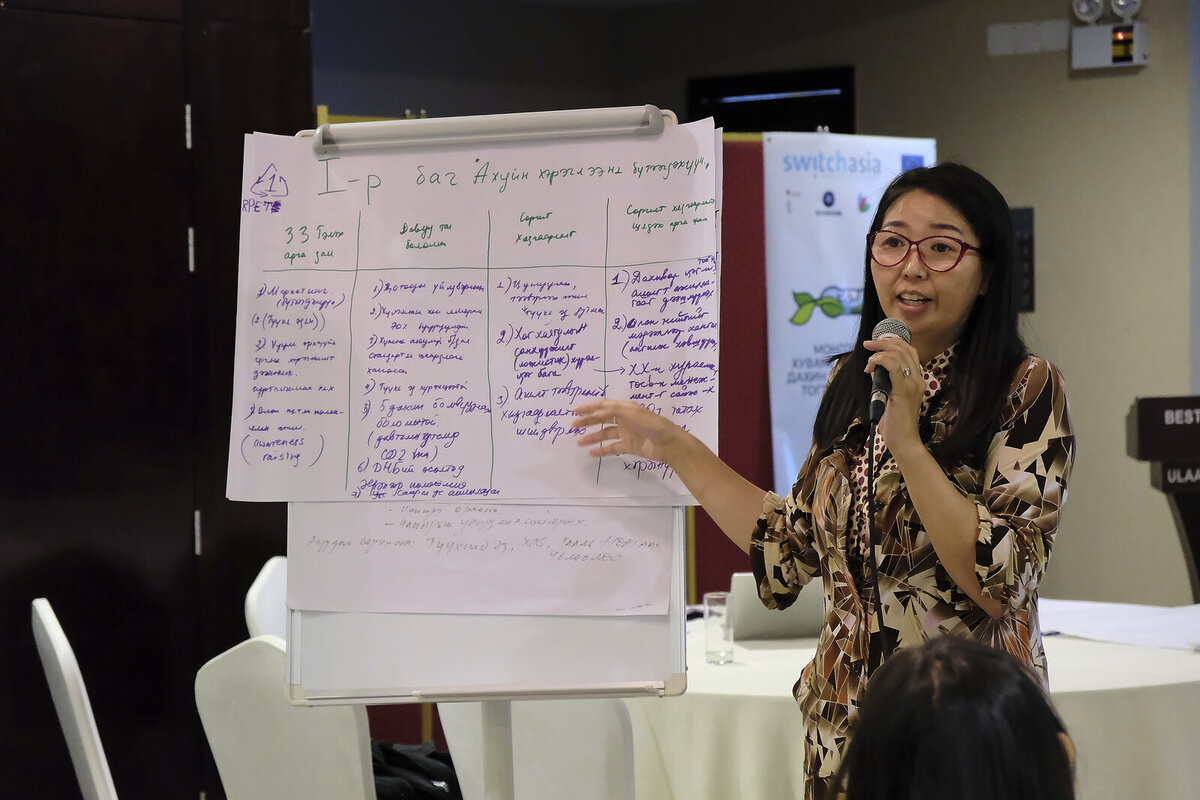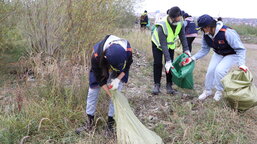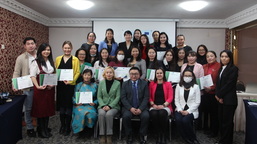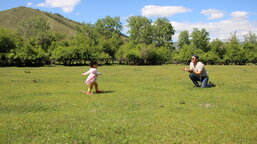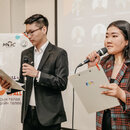Mongolia is one of the 10 top countries that produces the most plastic waste per capita. Each person on average generates 137,58 kg of plastic waste per year according to new market research on recycled plastic products in Mongolia. Caritas Czech Republic Mongolia published the first of its kind market study to support the recycling industry to deliver new recycled products to the community and industry.
On 29th September, “Sustainable Plastic Recycling in Mongolia” project, funded by the European Union (SWITCH-Asia program), held a meeting to present its findings on recycled plastic waste products in Mongolia. Representatives of stakeholders, recycling associations and MSMEs took discussed the novel findings of the assessment and began conceptualizing new products.
The research focuses on value chains for recycled products, products most needed on the Mongolian market, potential buyers, size of the market (both in volume and in value), competition, comparison of selected recycled plastic products with imported products in terms of quality and prices and the overall economic environment in terms of barriers to entry and regulations.
“The SPRIM project is funded by the Switch-Asia program of the European Union and focuses on supporting sustainable consumption and production and promoting circular economy. The market analysis on recycled plastic products presented today is a part of the activities aimed at increasing the variety and use of recycled plastic products on the market. Under this expected result, the project is also working on physical testing of new recycled plastic materials, developing health and safety standards and organizing capacity-building trainings for plastic recycling MSMEs” said Mijidsuren Chimeddorj”, said Project Manager of the Sustainable Plastic Recycling in Mongolia project.
The research shows that global plastic waste generation more than doubled from 2000 to 2019 to 353 million tonnes. Nearly two-thirds of plastic waste comes from plastics with lifetimes of less than five years, with 40% coming from packaging, 12% from consumer goods and 11% from clothing and textiles.
18 plants in Ulaanbaatar that have an annual recycling capacity of approximately 18.500 tonnes of plastic recycled only 10000 tonnes of plastic, 52.4% of their capacity in 2021 due to a lack of raw materials. People are unaware of what can and cannot be recycled due to a lack of plastic recycling awareness among the general public.
The study also highlights the needs for investment in improved technology, better product design and developing environmentally friendly alternatives, and further efforts to improve waste management to continue the transition to a circular economy.
To learn more about market research, please visit here.
About the project: The SPRIM project aims to contribute to economic prosperity and poverty reduction while supporting the development of a green economy and the transition towards a low-carbon, resource-efficient, and circular economy in Mongolia. It is implemented by Caritas Czech Republic in Mongolia along with four project partners: Environment and Security Center of Mongolia, EcoSoum, Mongolian Sustainable Development Bridge, and T.G. Masaryk Water Research Institute. More information is found here.


